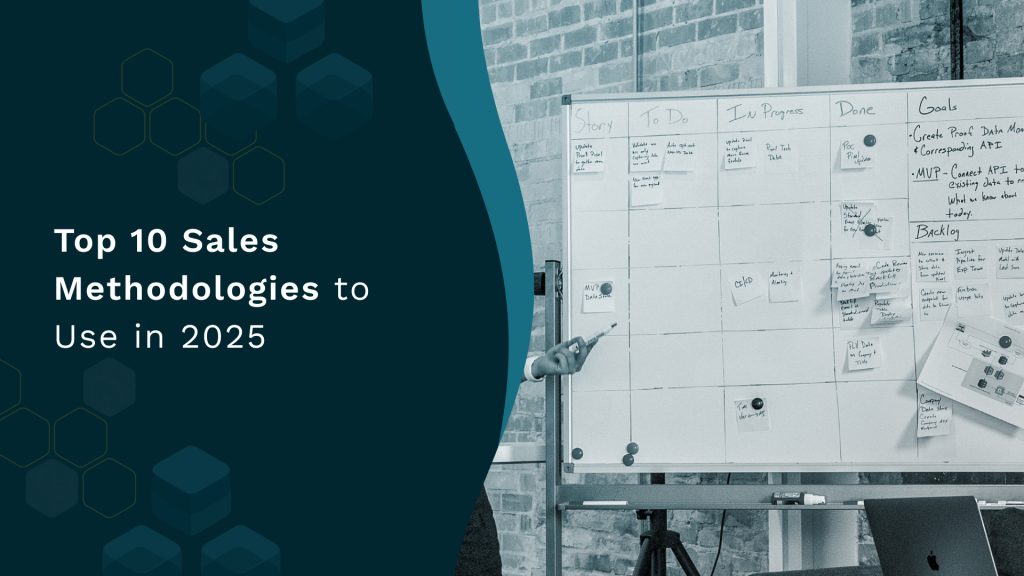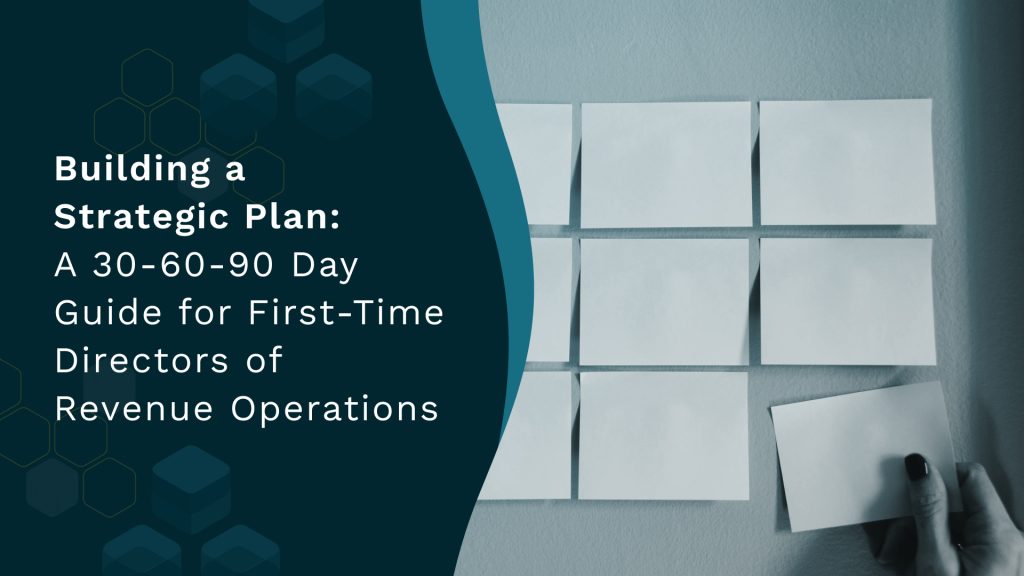Top 10 Sales Methodologies to Use in 2025
Top 10 Sales Methodologies to Use in 2025 RevOps 10 min Every business out there is trying to sell something, whether it’s tangible products, services, knowledge, or software. But the real question is – are they keeping up with the changing trends in customer buying patterns? Customers have become wiser, and their preferences & behavior have evolved with time. To cement this statement, today, 67% of customers now prefer self-service over speaking to a company representative. As a result, businesses must tailor their sales methods to meet such changing needs. It’s not enough to just sell something; they need to do it in a way that resonates with the customer and meets their expectations. Businesses often struggle to do just this without a structured and strategic approach. After-effects? Poor sales results and low adoption. Implementing the right sales methodology can help you stay on track and focus on the customer journey. But there are many sales methodologies out there that can be confusing. Which is why we have created this exclusive guide for you. In this article, we will walk you through the basics of sales methodologies and the top 10 sales methodologies to use for selling to the modern customer of today. Keep reading! What is a Sales Methodology? Sales methodologies are a systematic and strategic approach to the sales process. They involve a set of principles and practices that guide sales teams in their interactions with customers. The ultimate goal is to gain a better understanding of customers’ needs, foster trust, and ultimately increase the chances of closing more deals. The history of sales methodologies dates back to the early 20th century when sales techniques were mainly focused on personal persuasion and hard-selling tactics. However, in the 1950s, the concept of consultative selling emerged, which prioritized building relationships with customers and understanding their needs. This approach got popular in the book “Spin Selling” by Neil Rackham in the late 1980s. Since then, many sales methodologies have emerged, each with its unique features and benefits. Some of the most popular sales methodologies include the Challenger Sale, Solution Selling, MEDDIC, SPIN Selling, and Value Selling, among others. But, how are these methodologies different from the sales process? That’s what the next section is about. Sales Methodology vs Sales Process Sales methodology is a framework that guides salespeople in their approach to selling, with the aim of understanding customer needs, fostering trust, and winning more deals. It includes principles and practices that inform the sales team’s overall strategy for selling, such as how to approach customers, how to position products or services, how to handle objections and more. On the other hand, a sales process is a series of steps that a sales team takes to move a potential customer from initial contact to closing a sale. The process typically includes stages such as prospecting, lead qualification, needs assessment, presentation, and demonstration, negotiation, and closing. This process can be mapped out in a flowchart or diagram. To be precise, sales methodology is an overarching philosophy to sell while the sales process outlines the specific steps that reps need to follow for carrying out that sales methodology. Advantages of Sales Methodologies Sales methodologies can greatly help a business and fuel its sales efforts in more ways than one. 1. Increased efficiency It provides a structured approach to selling, helping salespeople to be more organized and efficient in their work. 2. Improved customer satisfaction It helps to build trust with customers by focusing on understanding their needs and pain points. 3. Personalized sales It enables salespeople to tailor their approach to different customers, based on their unique buying motivations and preferences. 4. Better collaboration It facilitates teamwork among sales team members, who can work together more effectively when they are all following the same methodology. 5. Measurable sales efforts It makes it easier to track progress and measure success, as each step of the sales process is clearly defined and measurable. 6. Sales optimization It helps to identify areas for improvement, as businesses can analyze their sales data to see which parts of the methodology are working well and which need to be adjusted. 7. Guaranteed sales It leads to better sales results as salespeople are equipped with a proven approach to selling that has been shown to be successful in similar situations. This is not it! Having sales methodologies in place has immense benefits and it is more like having a map in the jungle. It helps your sales teams navigate through the complex and often unpredictable sales landscape. With a well-defined methodology, they can stay on the path toward achieving their sales goals and ultimately, closing more deals and bringing more money into your business. How to Choose the Best Sales Methodology for your Business As an industry, we cling to this incorrect notion that there’s a single best way to sell. We select a sales process or methodology that we believe is a “best practice,’ and we tell our sellers to repeat that same sales approach with every customer in every circumstance. It’s a fundamentally flawed strategy . Dr. Leff Bonney, Marketing Professor When it comes to selecting the right sales methodology for your business, there are a few key things that you simply shouldn’t ignore. It’s essential to take the time to carefully consider these factors and not rush into a decision without proper evaluation. 1. Needs of your target audience Your customers’ needs, preferences, and buying habits should be at the center of your decision of selecting a sales methodology. For instance, if your customers tend to do their own research and make decisions independently, a self-service approach like Value Selling Framework could be a good choice. On the other hand, if your customers prefer a more interactive approach, a hands-on technique like Spin Selling might be a better fit. 2. Sales cycle & complexity The duration and complexity of the sales process can be different for every business. It depends on a few factors like what you’re selling, how the decision-making works, and how many people are involved in


